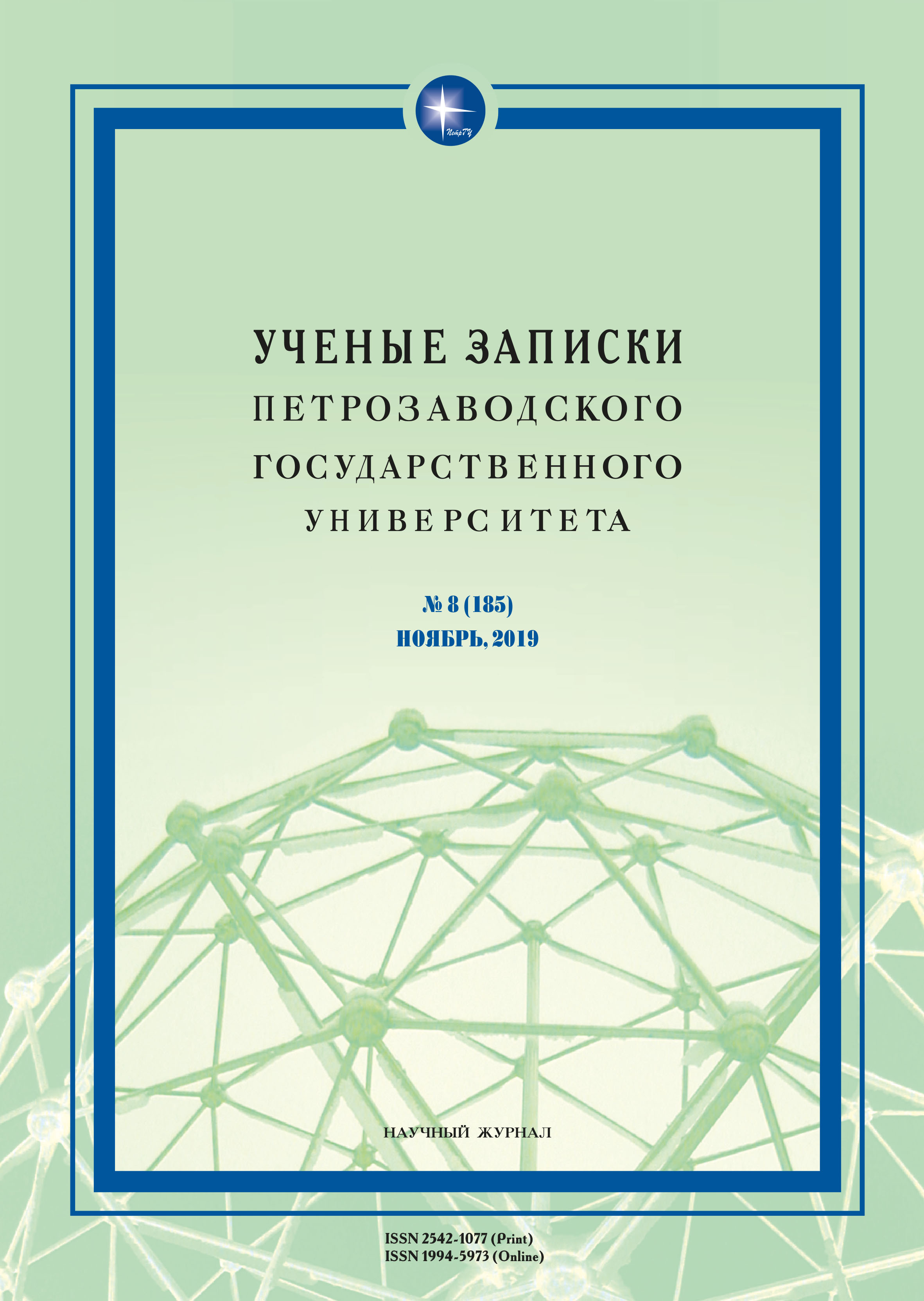ВИКТОР КЛИШКО КАК УПОЛНОМОЧЕННЫЙ СОВЕТА
ПО ДЕЛАМ РУССКОЙ ПРАВОСЛАВНОЙ ЦЕРКВИ
VICTOR KLISHKO AS THE COMMISSIONER OF THE COUNCIL
FOR THE RUSSIAN ORTHODOX CHURCH AFFAIRS: PROSOPOGRAPHIC ASPECT
Author(s): Irina Nikolaevna RuzhinskayaSubject(s): History, Cultural history, History of ideas
Published by: Петрозаводский государственный университет
Keywords: authorized representative; Council for the Russian Orthodox Church Affairs; Karelo-Finnish Soviet Socialist Republic; prosopography; official; personality accentuation
Summary/Abstract: The article discusses the activities of Viktor Ivanovich Klishko as the commissioner of the Council for the Russian Orthodox ChurchAffairs in Karelia in 1950. The research documents are represented by unpublished sources of the National Archive of the Republicof Karelia. V. I. Klishko’s personal archive file, stored in the National Archive, is a particularly valuable source of information. Theresearch methodology is a set of approaches – a combination of prosopographic, historical, psychological, and qualitological approachesin the context of modal biography. This approach enables to minimize the research subjectivism in assessing the ideologicaland behavioral dominants of the Council’s commissioner as an actor in history. It was established that the appointment of VictorKlishko to the post of the commissioner of the Council for the Russian Orthodox Church Affairs was facilitated by a set of factors:the vector of the Church-state policy at the central and regional levels, as well as Victor Klishko’s professional and managerial experience.The author concludes that as the commissioner Victor Klishko achieved significant results in transferring churches to statecontrol according to the cultural and social needs of the population of Karelia during his six months in office. A clear strategy of VictorKlishko’s management activities enabled to expand the scope of activities of the commissioner in the field of negative campaigning.Following his personal highlights and accents, as well as many years of anti-religious experience, the commissioner supportedrepressive measures against the Church. These measures were tested by Klishko in practicing “militant atheism” during the 1920sand the 1930s. Victor Klishko’s transfer from the commissioner’s post was the result of the opposition between the Council for theRussian Orthodox Church Affairs and the Department for Agitation and Propaganda of the Central Committee of the CommunistParty, as well as the lack of corporate communication and polylogue with the objects of Church-state relations.
Journal: Ученые записки Петрозаводского государственного университета
- Issue Year: 2019
- Issue No: 8 (185)
- Page Range: 85-92
- Page Count: 8
- Language: Russian

